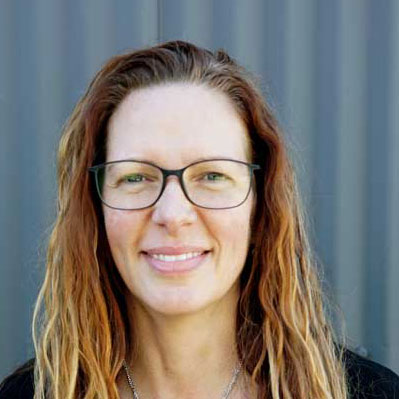
In this post…
At some point in time, every good agency experiences growing pains. They come at that moment when everything appears to be going just right. Clients are happy. Projects are completing themselves on time and under budget. And you wonder, could my agency get any better?
The answer is, yes, it can. There are always opportunities to grow. And growth doesn’t just mean hiring more people so you can make more money. Growth can mean taking on only the most rewarding, hand-picked client projects. Growth can mean charging a premium for doing less work at a higher caliber.
Growth happens. First, you have to embrace and define it. Then you can guide it. Growing pains result when growth gets out of control and you lack the proper maps to steer it in the right direction.
Embracing growth
In his book Blue Highways, William Trogdon wrote about the adventurous spirit required to embrace growth: “There are two kinds of adventurers: those who go truly hoping to find adventure and those who go secretly hoping they won’t.” If you want growth, you need to be ready for an adventure.
Ask yourself, do you want to grow? The reason it’s important to answer this question is that some agencies genuinely do not want to grow, and that is OK. If you want your agency to grow, embrace it, because it’s going to be a little bumpy along the way.
Defining growth
Now that you are ready to embark on this journey, you have to define what growth means to you. Is it more clients? Higher billable rates? Targeting a specific industry?
Some agencies may want to grow in terms of numbers. They want to bring on more clients, more jobs, more people, and become a large agency. Some agencies want to stay small and focus on a niche industry, and become to go-to agency for their area of expertise.
Growth is going to translate into different meanings for different agencies. Define what it means to your agency and you have your destination. Now you need a road map.
Guiding growth
Before you embark, you need to first look at the numbers. Analyzing your agency’s numbers will inform the growth process. For this phase, we recommend using online project management software to track client projects. The goal is to track as much information as possible — time, tasks, budgets, payments — for as many projects as possible. Then analyze the data to answer the following questions…
Are you making money?
When using online project management software for the first time, many agencies will discover a shocking truth: some projects make money, and some lose money. And while your agency might be profitable overall, it could be even more so by addressing or weeding out the projects that are losing money.
Where are you making money?
Knowing which projects are profitable and which aren’t is a big step in the right direction. Good project management software will also tell you which areas of each project were more profitable than others. A low level analysis can reveal, for example, that a web site project had great margins for web development hours but went over budget on copy-writing.
Where do you grow?
A story of how we grew our web development agency.
Now that you know where you are making money you have the information you need to grow our agency. How you use this information will depend on the direction you want to grow. To illustrate this process, I’ll share how we grew Pelago, our web design and development agency.
Way back when, before we were a SaaS company, our primary revenue came from designing and developing web sites. When we started experiencing growing pains, we went to the data to see what it could tell us. It told us a lot.
The first thing we noticed was that some client projects were diminishing our hourly rates to the point we were barely making any money on them. The problem was a combination of poorly negotiated contracts and poor time management.
We spent a few months renegotiating the watered down contracts and committing ourselves to make the best use of our time. Yes, we lost a few clients. And yes, we hit a few bumps on the road to becoming more agile. But our billable work increased and so did our profitability.
Digging deeper into each project we noticed one more thing. Our margins on billable web design hour were much smaller than billable development hours. The reasons for this were twofold. We were much stronger at development than design. And much of the development process is repetitive from project to project. A combination of talent and repeatable projects produced better margins.
Based on this information we began focusing more on clients who needed custom web development work. We became the go-to web agency for custom web-based application development. And again, our billable work increased along with our profitability.
The results
Our definition of growth was to increase our margins without growing our team. We didn’t want to become big, we wanted to increase revenue by specializing and becoming more efficient. And it worked.
But it would not have been possible had we not taken the time to track and analyze our time, tasks, and projects. With the data in front of us we were able to make intelligent, informed decisions. We were able to increase our profitability without taking on extra work or hiring more people. We were able to achieve the type growth we wanted.
Photo credit: mario



